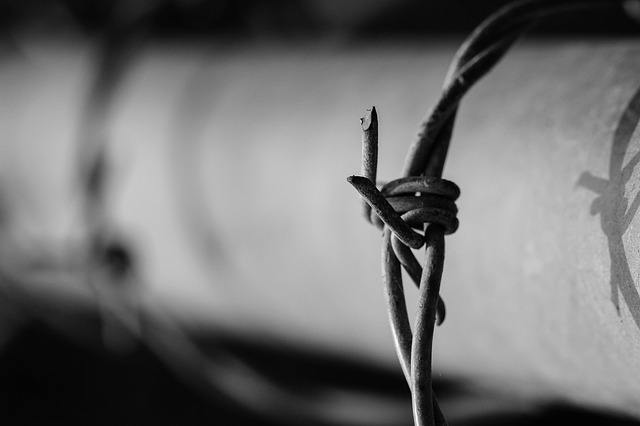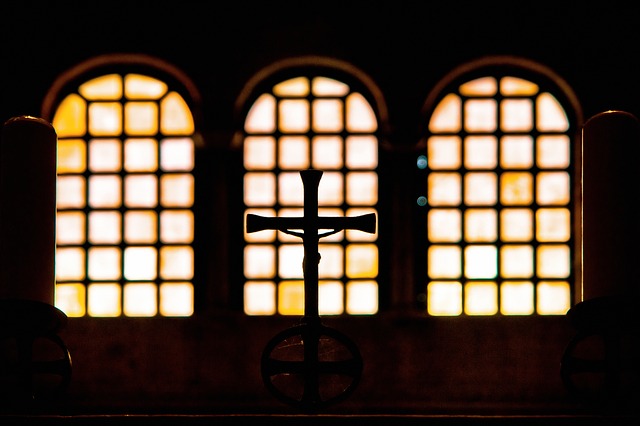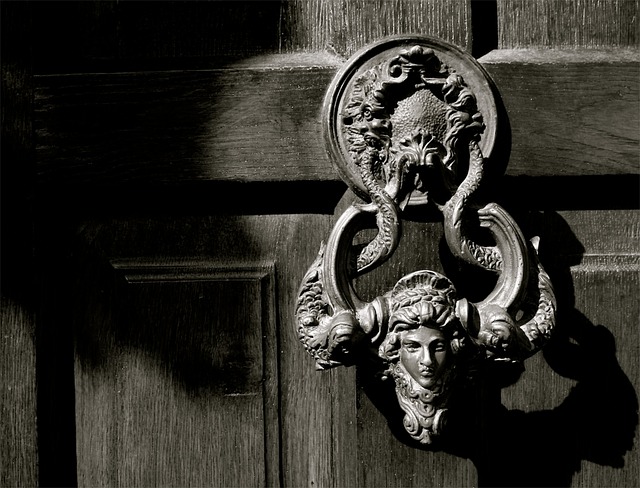The Heart Goes Last, by Margaret Atwood, is a quasi-science-fiction story set in the modern United States. Technically, it could be in the near future, but there is nothing to suggest it isn’t set in the present time.
The setup is (post-)apocalyptic alright, but in an individual way. Jobs disappear, social cohesion collapses, people live in the streets. However, the focus is on Stan and Charmaine, who are unwilling to live in their car anymore, and so sign up for Positron. It is a place promising security, safety, bliss; ad infinitum. That is the catch, however. Just like Hotel California, you can check out in any time you want, but you can never leave.
Let me start by saying this: I like Margaret Atwood’s style.Check the Critical Reception section in the article about The Other Side of Dreams to get a hintI like the way she introduces a deeply introspective narrative style, giving her characters life. As a result, I really had high hopes about The Heart Goes Last. Disappointingly, my expectations were shattered.
I have read countless books, both as a casual reader and from the perspective of literary criticism. Honestly, I never remember a narrative disintegrating so completely. Let’s see the details.


